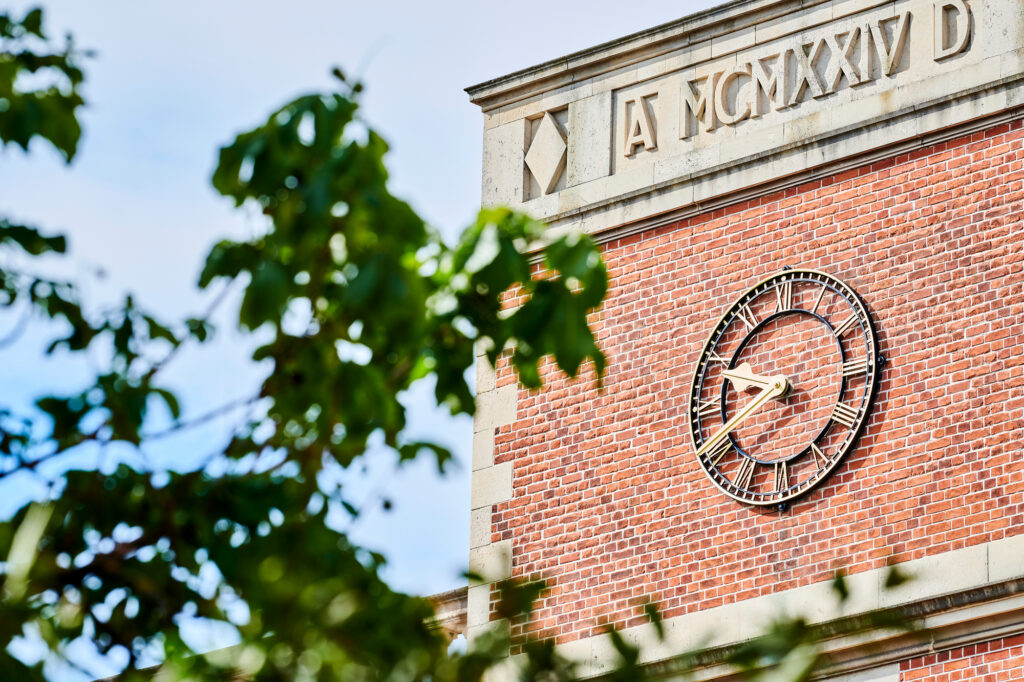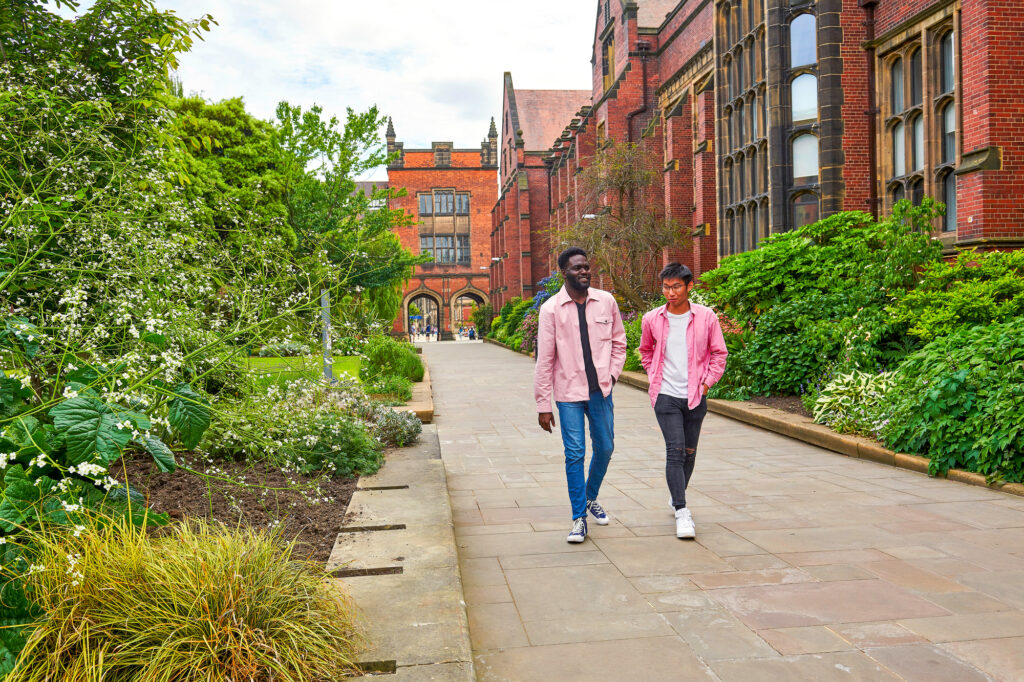Student action is important!
2023 was once again a year of extreme weather conditions and events around the world, underscoring the importance of sustainability in major institutions such as our university. As the majority portion of our university community, students are a vital part of achieving crucial environmental targets such as net zero by 2030. So, if you’re looking for an impactful way to create positive change in your community, read on for some ideas on how you can get involved with sustainability and environmental justice at Newcastle University.

1. Join the Student Environment and Sustainability Committee
The Student Environment and Sustainability Committee (SESC) is a student-led and student-focused committee looking at sustainability at Newcastle University. The committee is chaired by the Ethics and Environment Representative who, this year, is Ayoub Ouakkaha!
The SESC gives feedback to the Environment and Sustainability Committee (ESC), of which most members are colleagues, but it also has Students’ Union Sabbatical Officers and the Ethics and Environment Rep (Ayoub) as members.
SESC membership is made up of Environment and Sustainability Reps from academic schools. If you are not currently an Environment and Sustainability Rep for your school, but would like to get involved with the SESC, send Ayoub an email!
2. Stay informed with the Sustainability Network!
Join our Sustainability Network to receive information to expand your knowledge across various themes relating to sustainability, be updated on climate action progress at the University, and be provided with upcoming sustainability event notifications.
As our Climate Action Plan progresses, the Sustainability Network will connect you to our work, progress reports, and new targets by directing them straight into your email inbox. You will also be notified on actions contributing to our goal of being net-zero on scopes one and two carbon emissions by 2030!
3. Explore our EAUC membership
Newcastle University is a member of the Environmental Association for Universities and Colleges (EAUC), an organisation that supports sustainability within the UK tertiary education sector and offers benefits for members that include:
- Access to a sustainability resource exchange,
- Opportunities to learn from blog posts, news articles and publications,
- Information about UK sustainability training and events,
- Job listings,
- Conferencing opportunities.
All Newcastle University colleagues and students can register for free EAUC membership.
4. Write for our blog
Are you passionate about a particular area of sustainability?
You can share your knowledge with colleagues and students at the University by writing a post for our blog! Sustainability looks at all areas relating to sustainability and environmental justice, from lifestyle tips and tricks through to discussions on green careers and how solar energy is used at Newcastle University!
If you are interested in writing a blog post for Sustainability, please send an email to sustainable-campus@ncl.ac.uk and outline what you would like to write about.

5. Volunteer!
Grow Volunteer
Grow Volunteer is Newcastle University Students’ Union’s on campus urban growing project. As part of the team, you’ll help to grow and source local produce including a range of vegetables, herbs, flowers, and trees right here on campus! Meetings take place regularly and are flexible to attend.
If you would like to learn more about this opportunity or register your interest, you can do so on Grow Volunteer’s sign up form.
A Second Life
A Second Life is a creative up-cycling project provided by Go Volunteer which aims to use old materials or products and give them a new lease of life. This is a great volunteering opportunity for individuals who are keen to get creative and explore reuse and recycling!
If you would like to learn more about this opportunity or register your interest, you can do so on A Second Life’s sign up form.
To learn about additional Go Volunteering opportunities that are themed around the environment and conservation, such as caring for green spaces, read more on the Student Union website.
Become a volunteer auditor
Every year there is an opportunity to become a volunteer student auditor for the Fairtrade University and College award on behalf of Students Organising for Sustainability.
Volunteer auditors work in a team to review the University’s efforts to embed Fairtrade and wider ethical consumption.
Full training for this role is provided and a role description is available if you are interested.
6. Use active or public transport
Travelling to university can be a major source of emissions, but luckily there are lots of options to ensure that both your commute and any longer distance travel are sustainable.
Firstly, for regular commuting onto campus, active travel, such as cycling and walking, is a healthy option both for you and the planet.
- Most student accommodation as well as major student housing areas such as Jesmond and Heaton are within walking distance of the university and resources for route planning can be found on our website.
- Cycling is also a good option, with cycle parking available across campus and a variety of helpful services provided throughout Newcastle. Additionally, you can join our Bicycle Users Group to get involved with an active and helpful community of cyclists and receive all the latest updates on events such as our free Dr Bike repair sessions!
Active travel isn’t accessible for all, however, and isn’t practical for long-distance trips, so a good replacement option here is public transport. Nexus and Traveline provide information on public transport in the North East and trains are a brilliant sustainable option for travel throughout the UK and into Europe!
